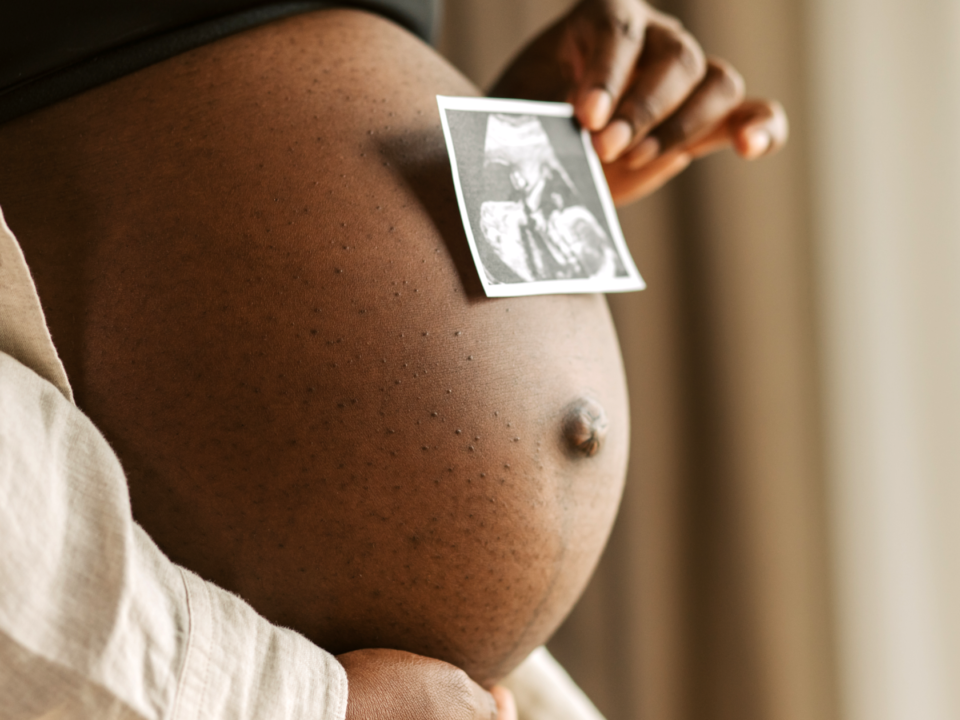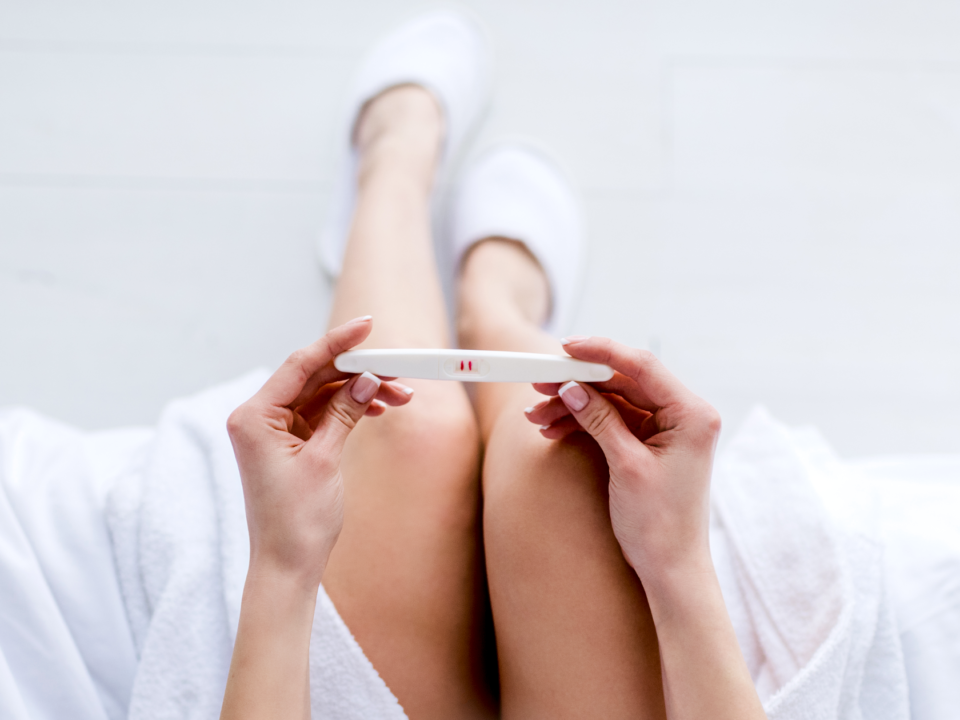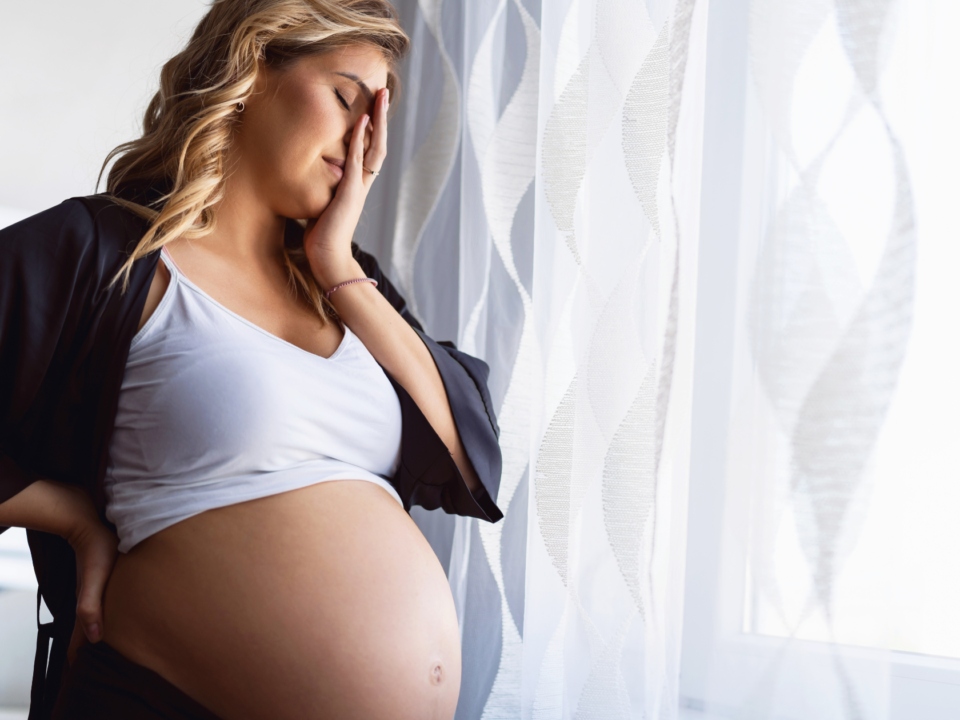Secondary Infertility: Dealing with This Unexpected Hurdle

How to Cope with Third-Trimester Fatigue
March 29, 2024
Can You Only Get Pregnant During Ovulation?
April 30, 2024When you’ve successfully conceived in the past but find yourself struggling to add to your family, you may be facing a condition known as secondary infertility. It’s a challenge many don’t anticipate, leading to a range of emotions from confusion to frustration. To provide support and understanding for those facing this unexpected obstacle, let’s explore the ins and outs of secondary infertility in more detail.
What Is Secondary Infertility?
Secondary infertility is the inability to become pregnant or carry a pregnancy to term after previously having one or more biological children. This condition is more common than many realize, impacting numerous families worldwide. In fact, secondary infertility is as common as primary infertility, making up 50% of infertility cases — which overall can affect 1 in 5 couples.
While any kind of infertility can be challenging, secondary infertility is a complex issue that can be especially confusing for those who had a relatively straightforward path to parenthood before.
What Causes Secondary Infertility?
Diagnosing the root of difficulties when struggling to conceive another child isn’t easy. The causes of this challenge are diverse and can affect both partners. They include:
- Aging: Fertility naturally declines with age, impacting egg and sperm quality.
- Physical Changes: Changes in health or weight since your last pregnancy can influence fertility.
- Complications from Previous Pregnancies: Issues during or after delivery can sometimes lead to fertility challenges.
- Sperm Quality: Changes in sperm count or motility can occur over time.
- Lifestyle Factors: Stress, smoking, or excessive alcohol use can impact fertility.
Signs of Secondary Infertility
Recognizing the signs of secondary infertility is crucial for seeking timely support. These signs often mirror those of primary infertility and can include:
- Irregular Menstrual Cycles: Changes in cycle length or flow can indicate potential issues.
- Age: Advanced maternal age can make a difference in conception, as can advanced paternal age. Women over 35 and men over 40 may have a higher risk of fertility challenges.
- Health Conditions: Conditions like endometriosis or PCOS can affect fertility.
- Unsuccessful Attempts: Trying to conceive for over a year (or six months if over 35) without success.
If you recognize these signs as challenges that may be contributing to your own ongoing difficulties to conceive, consider seeking professional guidance to identify and navigate a potential case of secondary infertility.
Ways to Address Secondary Infertility
Facing this challenge can be emotionally taxing, but it doesn’t have to be the end of your path to conception. There are several ways to address secondary infertility, depending on your circumstances and desires.
- Consult a Specialist: A fertility specialist can offer insights into your specific situation and recommend appropriate tests and treatments.
- Lifestyle Adjustments: Simple changes in diet, exercise, and stress management can sometimes improve fertility.
- Medical Interventions: Treatments like medication, IUI (Intrauterine Insemination), or IVF (In Vitro Fertilization) can be effective options.
- Support Groups and Counseling: Connecting with others facing similar challenges can provide comfort and understanding. Professional support can also help manage the emotional aspects of secondary infertility.
Navigate Your Pregnancy Journey with OB2Me
Secondary infertility presents an unexpected and often challenging hurdle for many families. However, understanding the condition, recognizing its signs, and exploring ways to address it can empower you to take proactive steps toward expanding your family. Remember, you’re not alone in this journey, and support is available to help you navigate this complex path.
If you’re interested in working with a midwife or doula who offers holistic pregnancy support in the Atlanta, Georgia area, OB2Me is here to help. At OB2Me, we offer private in-home or in-office concierge midwifery care to support you with comfortable prenatal and postpartum care for you and your family — from vital checkups to lifestyle advice. We are also available to help you throughout your labor and delivery at the hospital.
Based in Alpharetta, OB2Me provides multiple packages and services to fit your needs best and make your transition from pregnancy to motherhood as stress-free as possible. Contact our team today and see how working with a dedicated and passionate healthcare provider can make all the difference!




